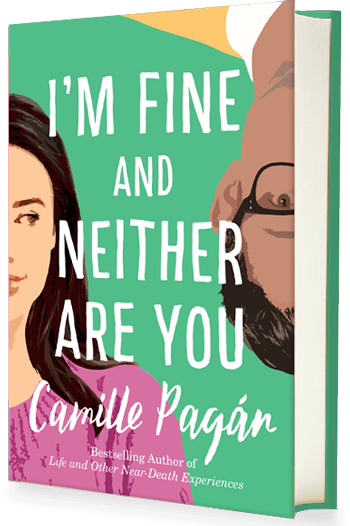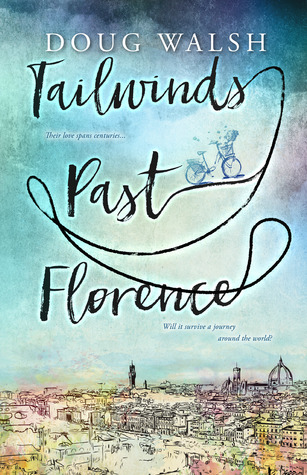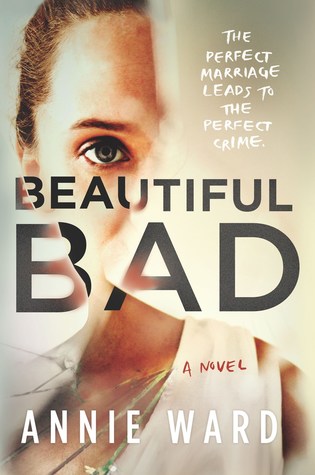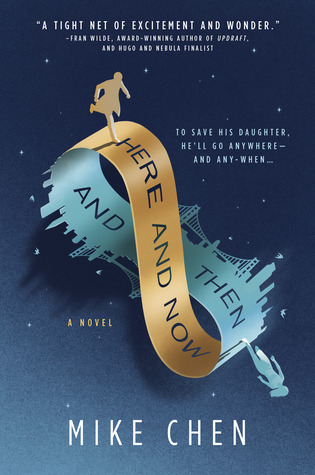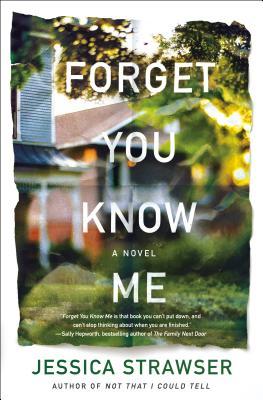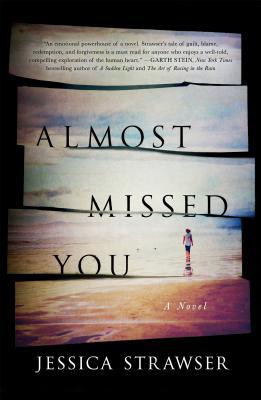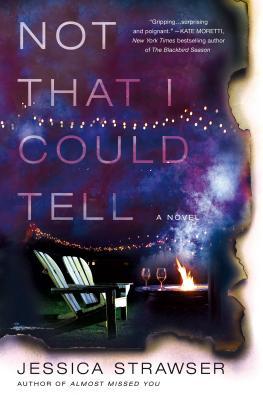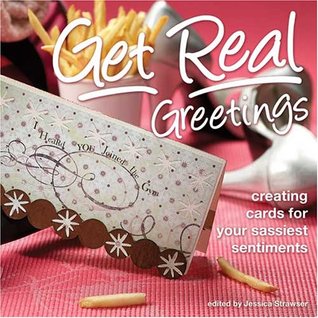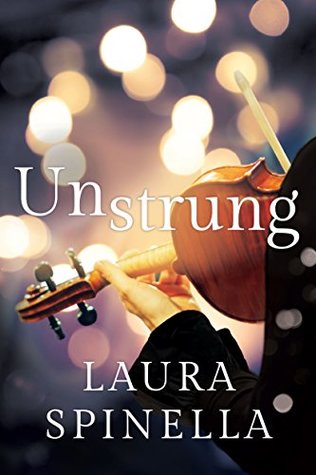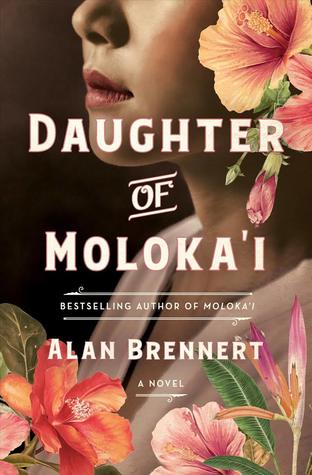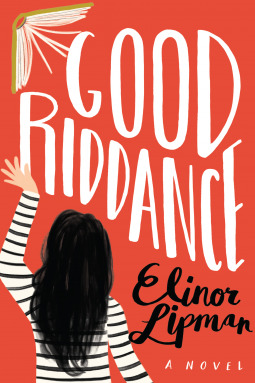Revenge Serves None
He looked out the window once more. She’s not out there. She’s gone. What had the note said, something about making him wait 710 hours? Looking at it in writing, it did seem an awful long time to wait for someone, but he hadn’t done it to her all at once. Not as she was planning to do. How many days is 710 hours? Divide by 24 . . . . . he was never very good at math, and she had left a PS that if he wanted a calculator, he’d have to go out and buy one. Dammit.
It took all the discipline she could find within her to stay away from him. He was a drug to her. She’d never tried drugs, other than alcohol, and now not even that. She didn’t smoke. She didn’t even eat chocolate like she used to. But a man that couldn’t, or wouldn’t, give her what she needed — this is what kept her hanging in there, day after day, in misery.
I want to do something, but there’s nothing I want to do. If I leave, she’ll return. If I stay, she won’t. As though my behavior has any direct connection to hers. Tomorrow’s Saturday. I’ll just act normal; tell everyone she’s at her mothers’. What’s normal for me? When was the last time I was home on a Saturday? Oh.
She started calling her friends Saturday morning. One by one, she sent them over to the house to ask about her. She wanted to hear the lies he could create upon demand. Her justification was that it would help to get him out of her head, though she knew he was so deeply entrenched that he overshadowed herself.
Saturday started early with a phone call from her most emotional friend, wanting to know if she was ready. What do you mean she’s not there? We have to leave in an hour. She told me to call her early. She changed her mind? But she doesn’t even like her mother! I’ll call her there. Bye.
This friend went to breakfast with her, the first lie to give.
Two hours later, her shyest friend rang the doorbell and waited quietly. He explained to her that she’d gone to her mother’s. She hesitantly said that she would check there, but she wasn’t so sure.
This friend went to lunch with her, the recycled lie to give.
By noon, and with her most neurotic friend standing on the doorstep, he knew he had to cover this one with a story that couldn’t be checked so easily. So he explained very carefully that she had gone away for the weekend to a work-related seminar that he had forgotten about, his being so busy and all.
She saw a matinee with this friend, who had a much better story to share.
Mid-afternoon, the gay friend called for her, refused to believe that she had stood him up, and showed up anyway, said he’d wait for her; he had faith. This man kept talking and moving closer to him, until he suggested he try her mother’s, whose home was close enough to the seminar she might have gone for a late lunch. Okay.
She treated this friend to dinner, and received the extended version of the story.
Just before dinnertime, her brother came to take her to dinner as planned. The only one with genuine plans, he questioned him without mercy, not knowing how cruel he was being.
Remembering dinner plans, she phoned her brother to tell him she was okay. He’d learned not to ask her questions, because she’d learned that from him.
He went to bed and stared at the ceiling for hours. He hadn’t realized how social she was, how busy her life. Perhaps he hadn’t spent enough time with her. He didn’t know any of her friends, and now he’s sure they all think him a bastard. Doesn’t even know where his live-in girlfriend is. He prayed none would come Sunday.
Two years she’d lived with him, he’d built up those 710 hours away from her when she needed him to be with her. Pre-empted by work, sports, beer with the buddies. She loved her friends, but she longed for the intimacy that came with spending time with him, learning to know him, understanding him. Now she just felt mean.
Sunday morning sunrise set on curtained windows, hiding a man with dark circles under his eyes and dishes in the sink. The phone rang. He sat there. The neurotic friend screamed into the answering machine that he was a liar, as she asked co-workers who knew of no seminar. Tell me where she is! He knew not.
Sunday morning was the hardest, without the Sunday comics spread across his nude chest, laughing together. When was the last time he had been there for it? She wondered if he would come to her work Monday. She hoped not. She hoped so. She hoped not.
Late Sunday morning, his friend who’d married her emotional friend began talking to the machine, but finished making lunch and racquetball plans in person. He played badly and ate poorly with a man who had no clue what was going on. His confused friend dropped him off just in time to see her shy friend retreating from the dark house. He went in the back door.
Sunday afternoon, she went to her mother’s to tell her what a wonderful life she had. No, there’s no need to call. I’ll visit again next weekend. Yes, he’s fine, busy as usual. Bye.
Her emotional friend used her key to enter the uninviting house. She found him sitting on the bed, gin bottle in had, country music blaring. She turned off the music. Without looking at her, he said with such pain she knew they’d gone too far, “she’s gone. I don’t know where she is. I’m sorry.” She hugged him.
This friend, who had witnessed the pain on both sides, gave her the plain facts. She called in sick Monday morning, then drove to his work to find he’d done the same. She discovered his pathetic self, curled up, not on the bed, but beside it, newly emptied gin bottle clutched.
He awoke to what he thought was a dream. He was ashamed to be drunk, and said so. He then apologized. She apologized. They lived happily ever after.
No, not really. But he did learn a lesson. Women can sure be mean.
